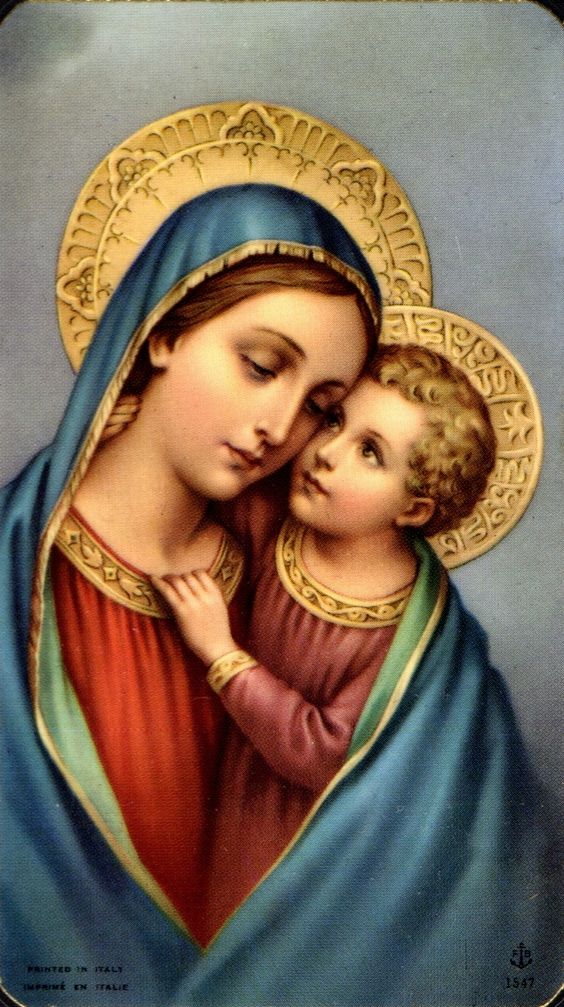The Queen: Editorial: “The Incarnation is the Crucifixion of the Intellect”
Fr. J. Patrick Gaffney, SMM
The Incarnation is the Crucifixion of the Intellect
“C rucifixion of the intellect?”
What does the existentialist philosopher Sren Kierkegaard mean by such a jolting phrase? Words which are especially disturbing during Advent Christmastime. A time when we celebrate the incarnation of the Eternal Wisdom of God in the womb of Mary.
The liturgies of Advent and Christmas loudly proclaim that the Second Person of the Trinity, the Wisdom of the Father, becomes our redemptive brother while remaining fully our God. The Eternal Infinite becomes, as the poet sings, a finite fact. This incarnation of the Wisdom of God is precisely what Kierkegaard calls the “crucifixion of the intellect”. A strong expression to describe Advent and Christmas!
That the eternal God would enter the womb of Mary while remaining our God does, however, demand an entirely new way of thinking. It stipulates that we turn ourselves “inside out.” Instead of believing ourselves the center, instead of thinking that we can redeem ourselves, instead of calculating that we are something, we must turn outwards and accept the stark reality: we are nothing on our own. A nothingness so profound because of sin. God alone can heal us, God alone can save us. Advent glorifies this redemptive coming of God into the human family.
Yes, we should say with Kierkegaard and with some of the great saints: the incarnation is absurd. In fact, in a certain sense, we believe it because it is so absurd. Who could ever have invented Advent? Additionally, who could have pieced together Christmas? Who could have created the story of the infinite, eternal God, truly becoming one with the human family in the womb of Mary?
True, ancient mythologies had their mother goddesses, they had gods and goddesses who dwelt in the appearance of human flesh. But that is not incarnation. The scriptures clearly teach – and the early Councils of the Church clarify – that the Word of the Father, the Second Person of the Trinity, without losing anything of the divinity, now fully shares in our humanity. We are not talking about a god dwelling in a body. If that is the meaning of incarnation, it surely would not demand a crucifixion of the intellect. In such a scenario, the god would manipulate the body and leave it whenever he wanted. That is not the Incarnate Wisdom.
The humanity of Christ actually is the permanent, saving presence of the eternal Word. As Saint Louis de Montfort insists, “The Most High, the Incomprehensible One, the Inaccessible One, He Who Is, deigned to come down to us poor earthly creatures who are nothing at all” (TD 157). In his magnificent Christmas carols, the saint speaks about touching God when we touch the child Jesus, for Jesus is our God in a fully human way. In Jesus, we hear, touch, the eternal divine Wisdom manifested – or as Montfort expresses it, “the grandeur of God in miniature.”
Is this Advent truth such a crucifixion? Its possibility demands no contradiction and in itself, therefore, does not call for a crucifixion of the mind. But is it really too good to be true? In other words, we can dream of the Incarnation but to say that it actually occurs in Jesus Christ, the son of Mary, – there’s the crucifixion of the mind! We have to accept that God is love and that this infinite Love yearns to give himself away, this infinite life wills to share divine life with his creation. We who are finite, are to share in infinity. Jesus, the Incarnation, is truly our Brother who lives and dies for us so that we who are not may become he Who is, so that – to use the strong Greek expression Montfort so appreciates – we can become divinized.
To know that we are so loved! Furthermore, to accept acceptance! To believe that Jesus is the living corridor joining the finite with the infinite; there’s the crucifixion, the dying of our cynicism and pessimism, the destruction of our guilt, the ruin of our pride, the filling up of our nothingness with the infinity of God. Can we accept such a crucifixion? Only if we become this Advent / Christmas season like a little child, so open to love, so open to this greatest miracle of God; “For God so loved the world that he gave his only Son. That whoever believes in him should not perish but have eternal life” (Jn 3:16).
There is no need to fear. There is no need to be unduly upset. Advent/Christmas – the Incarnation – loudly proclaim: “Our redemption is here for the Wisdom of God is incarnate! Put aside all pessimism, all discouragement and despair. Rejoice! Emmanuel – God with us – is the child of our sister Mary.”

Editorial
From time to time, The Queen will republish Editorials or create new Editorials on various topics.
To know that we are so loved! … To believe that Jesus is the living corridor joining the finite with the infinite; there’s the crucifixion, the dying of our cynicism and pessimism, the destruction of our guilt, the ruin of our pride, the filling up of our nothingness with the infinity of God. Can we accept such a crucifixion? Only if we become this Advent / Christmas season like a little child, so open to love, so open to this greatest miracle of God; “For God so loved the world that he gave his only Son. That whoever believes in him should not perish but have eternal life”.
Return to The Queen: Articles
The Queen:
Vol. xxx Month 2023


